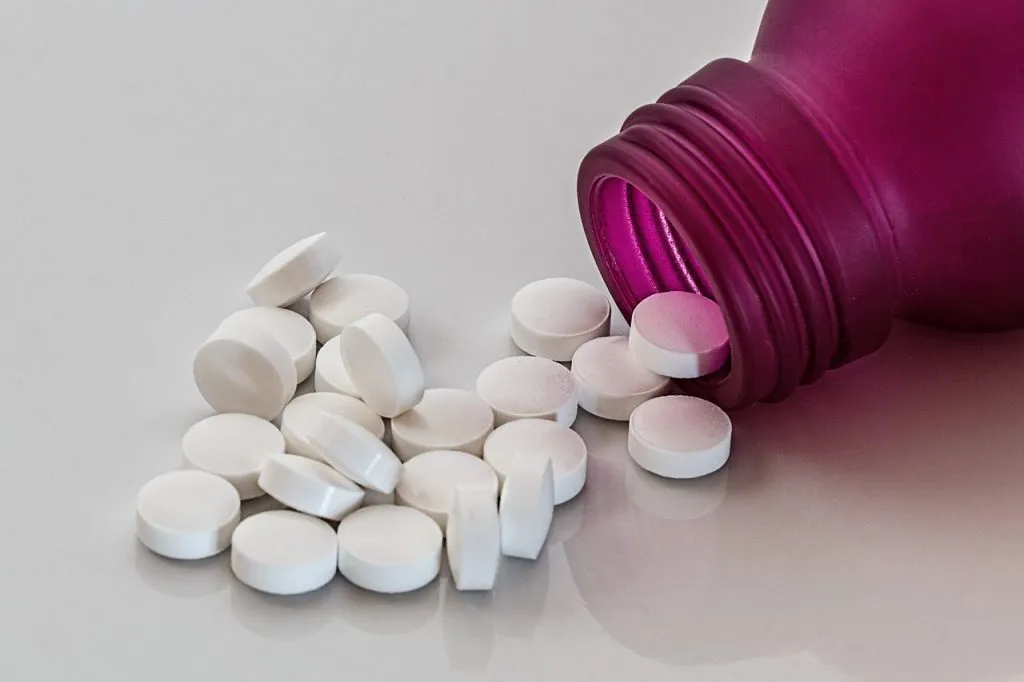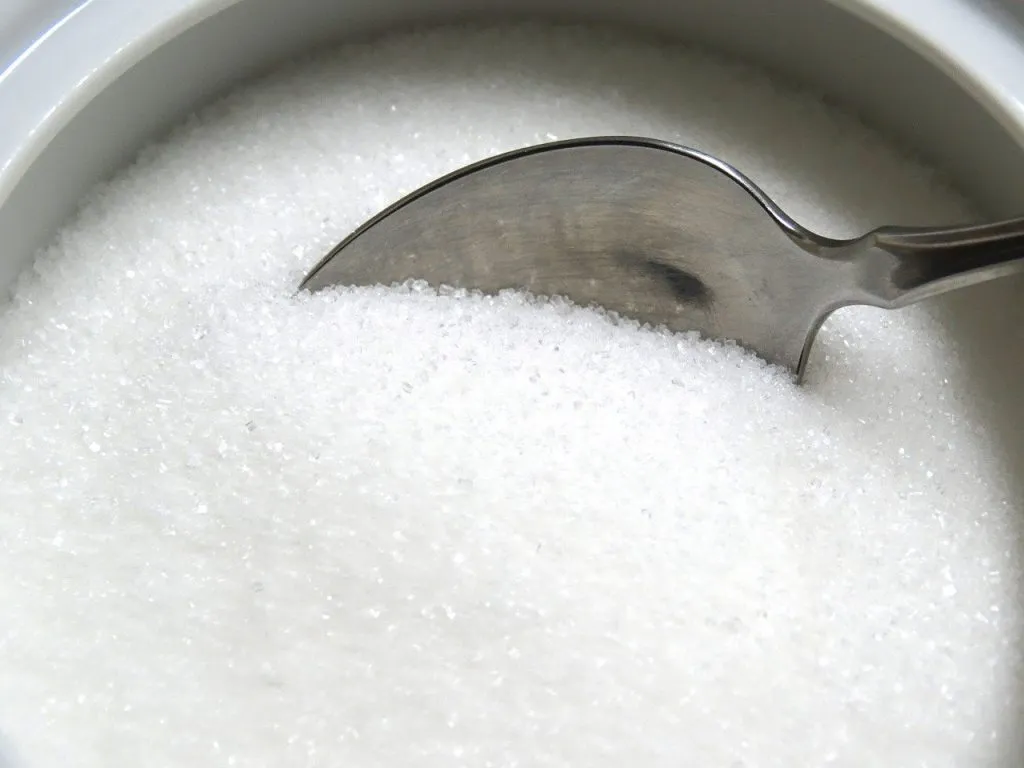Introduction: What is Sorbitol and Why Is It in Demand?
Sorbitol (C₆H₁₄O₆), also known as glucitol, is a naturally occurring sugar alcohol found in fruits like apples, pears, and prunes. Industrially, it's derived via hydrogenation of glucose, often from corn syrup or tapioca starch. Its diverse functional properties, sweetening, moisturizing, stabilizing, make it an essential ingredient across food, pharmaceuticals, cosmetics, and chemical formulations.
As global demand for sugar alternatives and plant-based humectants grows, so does the spotlight on sorbitol.
What is Industrial Applications of Sorbitol
Sorbitol’s unique physicochemical profile makes it suitable for a wide range of industries. If your industry has any of these processes involved, you’re most likely in need of Sorbitol. Take a look on how Sorbitol is being used in each of these industries::
-
Food & Beverage: Used in sugar-free gums, candies, and low-calorie foods for its sweetening and moisture-retaining properties.
-
Pharmaceuticals: Acts as a non-reactive excipient, stabilizer, and gentle laxative in oral syrups and tablets.
-
Personal Care & Cosmetics: Provides moisturization, viscosity, and texture to lotions, creams, and toothpaste.
-
Chemical Industry: Functions as an intermediate in surfactant synthesis and as a plasticizer in polymer manufacturing.
-
Contract Manufacturing & Distribution: Sourced by OEMs and resellers for use in various formulation development projects.
Sorbitol vs. Other Sugar Alcohols: A Technical Comparison
Sorbitol vs. Sucrose (Table Sugar): Which is Healthier?
-
Calories: Sorbitol offers ~60% fewer calories.
-
Dental Impact: Non-cariogenic; does not contribute to tooth decay.
-
Glycemic Index: Lower, safer for diabetics.
Sorbitol vs. Xylitol: Which is More Stable?
Sorbitol vs. Mannitol: Which is More Soluble?
-
Solubility: Higher in Sorbitol, beneficial in liquid formulations.
-
Tolerance: Sorbitol has a higher laxative threshold—useful in pharmaceuticals.
Scientific and Regulatory Trustworthiness
‘Fret not for the use of Sorbitol! Sorbitol is approved for use in food and pharma by major global agencies including:
-
FDA (U.S.) – Generally Recognized As Safe (GRAS)
-
EFSA (EU) – Listed as food additive E420
-
USP/FCC – Purity and safety benchmarks
Studies show Sorbitol’s minimal effect on blood glucose levels, making it diabetic-friendly when consumed in regulated doses. Refer to the following NCBI Study on Sorbitol Metabolism for details on metabolic impact!
FAQ: Quick Answers for Curious Buyers
Q: Is Sorbitol safe for diabetics?
Yes, Sorbitol has a low glycemic index and does not cause a rapid spike in blood sugar levels. It’s widely used in diabetic-friendly formulations.
Q: Does Sorbitol cause laxative effects?
Only in very high amounts. Sorbitol’s laxative threshold is higher than other polyols like Mannitol or Xylitol.
Q: Is Sorbitol natural or synthetic?
While it naturally occurs in some fruits, industrial Sorbitol is synthesized from glucose via hydrogenation, typically from plant-based sources like corn or tapioca.
Q: Can Sorbitol be used in clean-label products?
Yes. Sourced from non-GMO materials and biodegradable, Sorbitol aligns with clean-label, sustainable formulation trends.
Conclusion :
Sorbitol is a versatile sugar alcohol with wide industrial applications (food, pharmaceuticals, cosmetics, chemicals) due to its sweetening, moisturizing, and stabilizing properties.
Key Advantages:
✔ Health-friendly - Low calorie, diabetic-safe, non-cariogenic
✔ Cost-effective - More affordable than xylitol, better solubility than mannitol
✔ Regulatory approved - Complies with FDA GRAS, EFSA E420, USP/FCC standards
Market Insight:
Global demand is increasing for sugar-free and sustainable products, making sorbitol a strategic choice for manufacturers. If you have any questions about sorbitol products, please feel free to contact us.
You can also view sorbitol product details here.
References :
1. Food & Drugs Administration - Aspartame and other sweeteners food :
https://www.fda.gov/food/food-additives-petitions/aspartame-and-other-sweeteners-food
2. EFSA : https://www.efsa.europa.eu/en
3. FCC : https://www.foodchemicalscodex.org
4. NCBI Study : https://pubmed.ncbi.nlm.nih.gov/3296669/


Leave a Comment